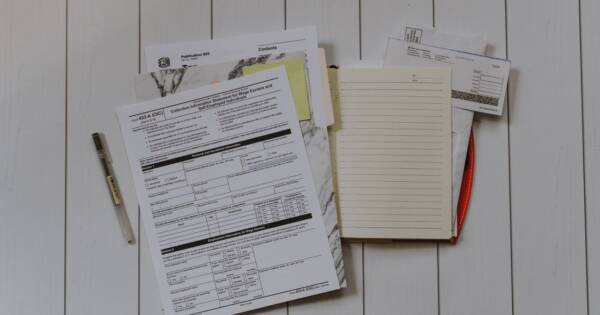FMLA stands for Family and Medical Leave Act. It was enacted by the federal government in 1993 and is designed to help protect someone’s job if they need to take an extended leave from work due to medical reasons. If you’re covered by FMLA, these protections are offered if you personally need time off due to illness or injury or if you need to take time off because a qualifying significant other is ill and you need to care for them. Know your rights and the protections provided by this act.
What Protections Does the FMLA Offer?
The Family and Medical Leave Act doesn’t ensure that you get paid for the time off that you take. Instead, it mandates that the employer must hold your job for you or provide an equal-paying, equal-status position upon your return. In short, FMLA protects you from losing your job if you have to take time off for a medical reason.
Specifically, the act provides protections for up to 12 or 26 weeks of leave during a 12-month period depending on the circumstances. The protection for 26 weeks of leave is for next of kin or immediate family members who must miss work to care for a service member who is dealing with a serious illness or injury.
The 12 weeks of covered leave are for situations including:
- Having a baby
- Caring for a newborn
- Caring for a child newly placed in a foster or adoption environment
- Caring for a child, spouse or parent with a serious medical condition
- Experiencing a serious health condition yourself
Depending on your circumstances, you may qualify for intermittent or continuous FMLA. Continuous FMLA means you take the time off in one continuous leave for up to 12 workweeks (or 26 workweeks if you are caring for a service member). You are covered for one such leave every 12 months.
Intermittent FMLA means that you take the leave intermittently as needed for a chronic condition. You can take up to 12 total workweeks off a few days at a time within each 12-month period.
Who Is Covered Under FMLA?
Not everyone is covered by FMLA. You must work for a covered employer and meet individual eligibility requirements to be protected by this law.
If your company is a private sector employer, it must have 50 or more full-time employees over a 20-week period within either the previous or current calendar year. The workweeks don’t have to be consecutive, which means it’s possible that seasonal employers can qualify.
If your company is a public agency, it is covered regardless of how many employees it has. The same is true for most federal agencies and public schools.
Individuals who work for covered employers must have met requirements for FMLA too. That includes having worked for the employer for at least 12 months and having accrued 1,250 hours of work in the 12 weeks prior to the leave.
How Do You Apply for FMLA Coverage?
You can’t just let a supervisor know you’ll be out for a few weeks and assume FMLA protections will kick in. You typically need to complete paperwork with your company’s human resources department to let them know you have an FMLA-relevant event.
Obviously, you may fall ill and start missing work before you complete paperwork, as many events that qualify for FMLA protection are unplanned. If this occurs, contact your human resource department by phone and let them know.
You will need to comply with documentation requirements, such as doctor’s notes, to demonstrate that your leave is FMLA-compliant and that you are ready to return to work at a certain time. Failing to comply with documentation requirements can invalidate your FMLA protection, which means your absences may be treated as unexcused and your job may be at risk.
How Do You Get Paid During FMLA?
FMLA doesn’t ensure that you get paid during your time off. You may be able to use saved up vacation or Paid Time Off (PTO) to ensure a paycheck. Your employer might also offer short- and long-term leave insurance to help generate income in these situations. Talk to your human resources department about pay during a FMLA leave as well as the process for maintaining your benefits during this time.
What Is an FMLA Lawsuit?
If you’re fired because you take covered leave under FMLA, you may have an option for recovering legal damages. You may also be able to file a suit if you were denied FMLA leave unfairly. These are known as FMLA lawsuits, and they are typically filed by attorneys with experience with employment law. If you question whether you’re being treated appropriately under this federal law, consider taking advantage of a free consultation with one of these professionals. They can help you understand if you have a case and what your next steps should be.






